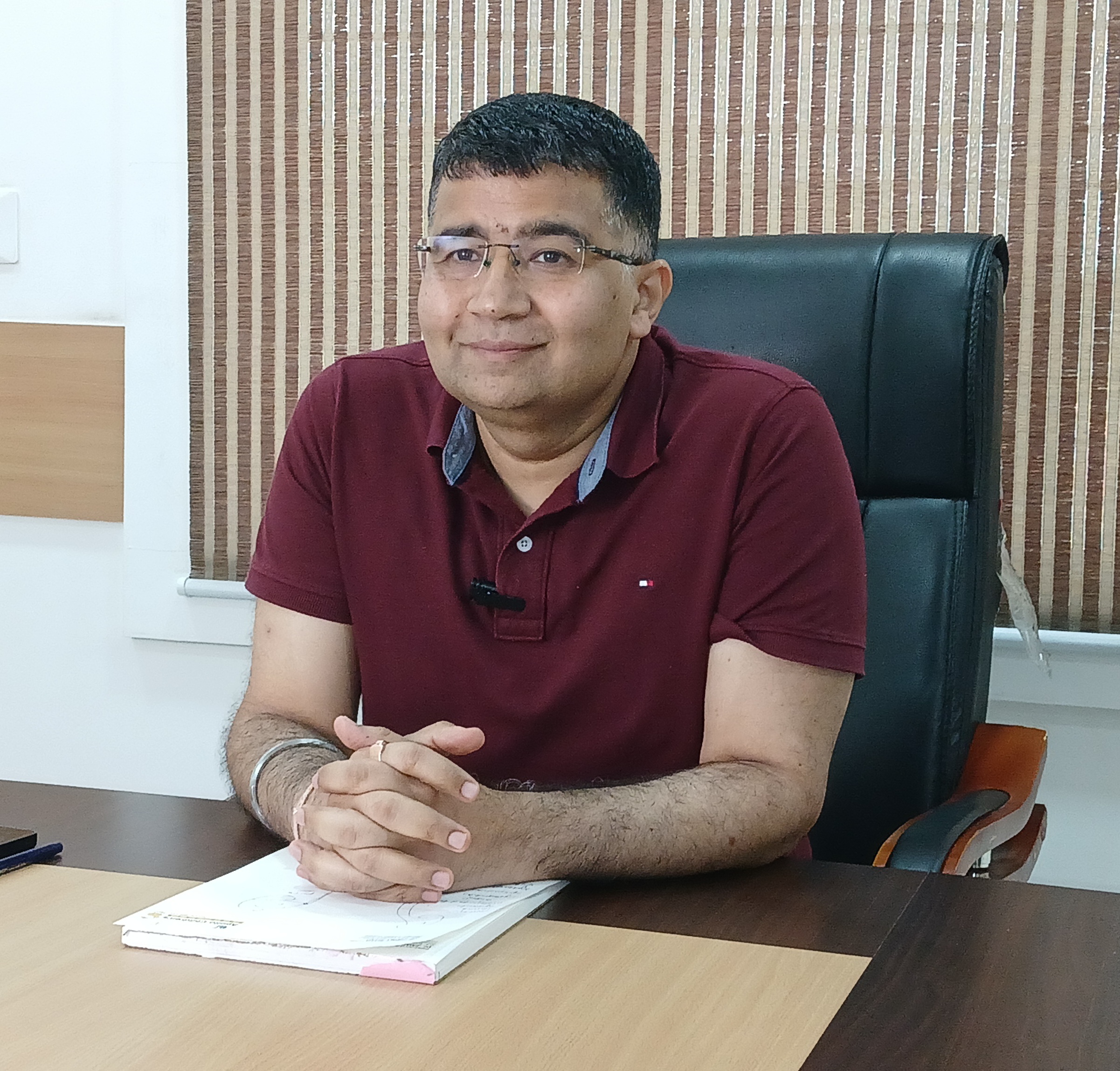Newz Desk, Durgapur: Children often face a range of urinary-related health issues that require specialised medical attention. Health experts stress that the structure and diseases of a child’s urological anatomy differ significantly from those of adults and therefore requires special treatment and care. Highly trained pediatric urologists diagnose such conditions, investigate their causes, and recommend treatment plans suited to the child’s age. According to Dr. Jimmy Shad- Pediatric Surgeon and Pediatric Urologist from Apollo Hospitals Chennai. Doctor Jimmy Shad is available in Apollo Clinic Durgapur near Arrah Shibtala in regular interval.
Kidney-related problems in children
Among the most common problems identified in children are:
Phimosis (tight foreskin),
Inguinal hernia (groin swelling in the scrotum),
Undescended testis (testicles not in the proper place),
Hypospadias (urinary opening located on the underside of the penis),
Epispadias (abnormal opening of the bladder or urethra),
Posterior urethral valve (PUV),
Hydronephrosis (swelling of the kidney), and
Kidney tumours or stones.
Hypospadias: A correctable condition
If the urinary opening is not at the tip of the penis but located underneath, it is called hypospadias. In such cases, the penis may not be straight but bent downwards (chordee), and the foreskin is incomplete (hooded prepuce). This prevents the urine stream from flowing straight. The only correction is surgery. Parents of such children should consult a pediatric urology specialist (hypospadiologist). “The ideal time for this surgery is between 6–9 months of age,” says Dr Jimmy Shad, pediatric urology specialist and surgeon at Apollo Hospitals.
Undescended testis: Risks if untreated
If one or both testicles are not positioned properly inside the scrotum, it is called undescended testis. This condition is more common in babies born prematurely. It can usually be identified at birth or within three months. If the testes do not descend on their own, surgery is required, ideally between 6–9 months of age. If untreated, it can affect sperm growth and maturation and may also lead to infertility.
Hydronephrosis: Importance of early detection
Hydronephrosis is swelling of the kidney and renal pelvis due to obstruction in urine flow. This condition severely affects kidney function and is often detected even before birth. There can be several causes:
PUJO (Pelvi-Ureteric Junction Obstruction) : Blockage at the junction between the kidney and ureter, causing swelling.
VUR (Vesico-Ureteric Reflux) : Backward flow of urine from the bladder into one or both ureters, and sometimes into the kidneys.
PUV (Posterior Urethral Valves) : A congenital defect in boys where valves in the urethra block urine flow, causing urine to flow back into the bladder, ureters, and kidneys.
VUJO (Vesico-Ureteric Junction Obstruction) : Narrowing between the bladder and ureter, causing urine to flow back into the kidneys. This can also occur due to spinal cord injury or neurological problems.
If hydronephrosis is diagnosed before birth, specialist treatment and continuous monitoring are necessary. “Most of these conditions can be treated using minimally invasive techniques such as endoscopy, laparoscopy, or robotic surgery,” adds Dr Shad.

Parents’ role: Timely consultation is key
“Many parents bring their children to us very late, often due to lack of awareness. Timely consultation with specialists is essential to prevent complications,” stresses Dr Jimmy Shad-Pediatric Surgeon and Pediatric Urologist from Apollo Hospitals Chennai, who performs over 700 surgeries annually.





